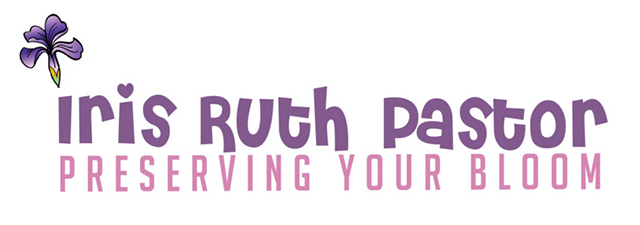I’m traveling with a friend. We stop at an artist’s cooperative in a university town on our way back home. We spot a dizzying array of Christmas tree ornaments. As always, we ignore them – they have no relevance in our Jewish lives.
-
Messy Swampland! Nov 29, 2019
-
Acronyms Mar 13, 2020
-
I Don’t Give Up On People May 9, 2025
-
Summer, 2000 Jun 13, 2025
-
The Endless Joys of Aging Jun 6, 2025
-
Finally – Getting What You Want! May 30, 2025
-
Debbie Finn on Am I Really Too Old to do Cartwheels?
I read this very interesting blog because I also want to do (...)
-
Jeff bi,yeu on Am I Really Too Old to do Cartwheels?
72 and still doing cartwheels and Martial
-
onserio semba on New Beginnings are Tantalizing
I am happy to meet you here. I need to help me to grow in (...)


I deal with this dilemma every year. My Jewish daughter drives from Boston to upstate New York with her non-Jewish husband and their two (now) teenagers to spend every Thanksgiving and Christmas with his Catholic family.
My husband and I live in Maryland. We don’t get any visits. Instead, if we want to see our daughter and grandkids we fly to Boston and stay at a hotel near our daughter’s house. These trips cost us $1,500 to $2,000 each time we go. (They don’t have room for us to stay with them at their house.) Our granddaughter is a theater kid, and we have flown to Boston to see nearly every one of her school and community theater productions. We’ve flown up to see our grandson play in little league games.
Since 2010, we have rented a house on Cape Cod for three weeks every summer, and drive 12 hours each way, just so we can spend some time with our daughter and her family (again, on our dime) Our grandkids are now 13 and 17, so we’ve been doing this for a long time.
We have consistently paid for airfare for our daughter and her kids to fly down to visit with us for their February winter break. We send them gifts all the time. We rarely get acknowledgments.
I am always upset at this time of the year. My daughter posts pictures on instagram of their Catholic family celebrations. That’s how I know they are there. I feel very sad and alone every year from mid-November to January. And now that my husband and I are older, it feels like we’ve been abandoned. The pull of our son-in-law’s family is insurmountable during this time.
Since we are now in our mid-70’s, travel is becoming harder and harder. It irks me that they spend so much time with the Catholic family. The last time my son-in-law came to our house was 5 years ago.
Every year it gets harder and harder to deal with this dilemma. Our son-in-law is the youngest of 6 children, so our grandchildren are drawn to his big family with lots of aunts, uncles, and cousins. We have an unmarried son who lives in Pittsburgh. We can’t compete.
Do you have any advice for abandoned Jewish grandparents during this time of the year?.